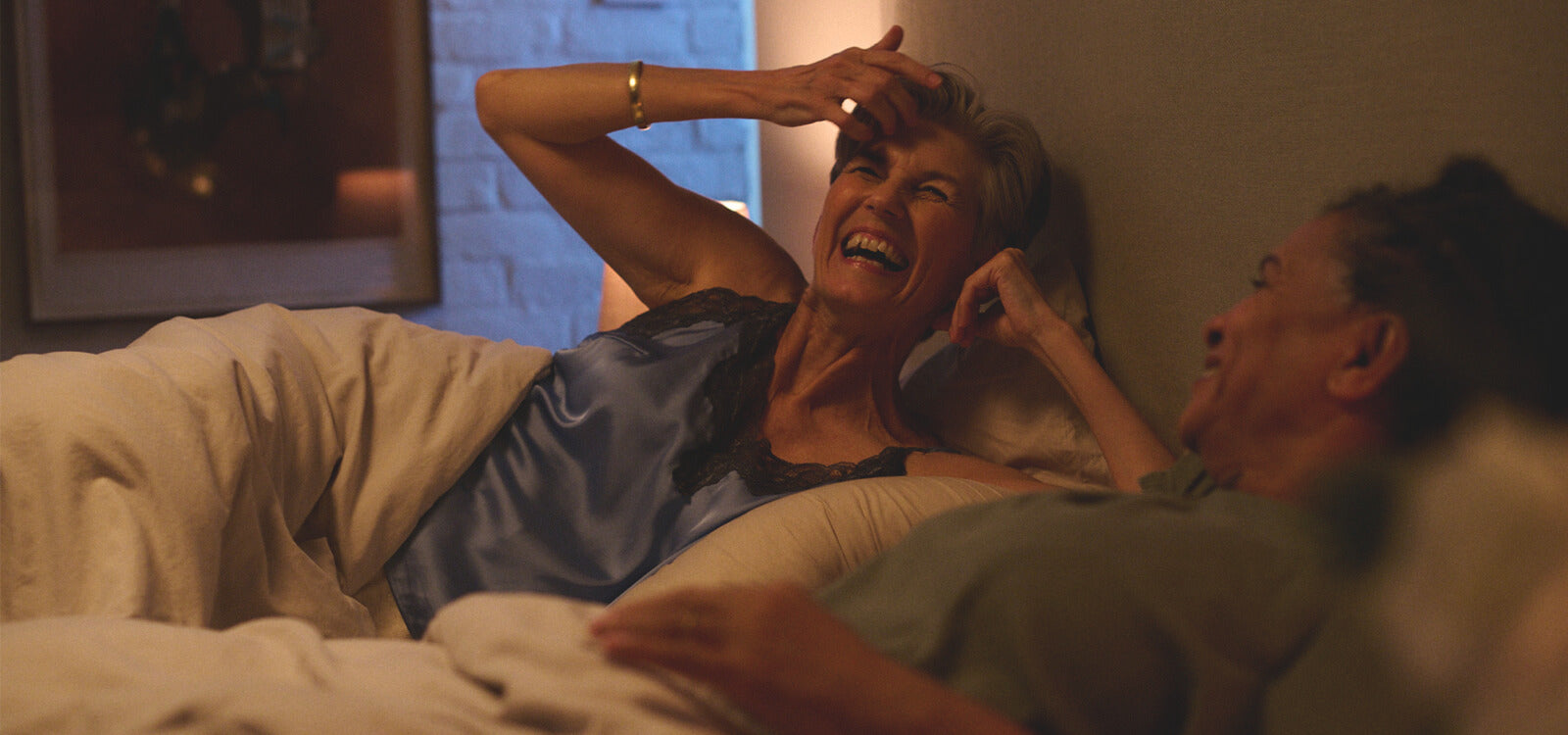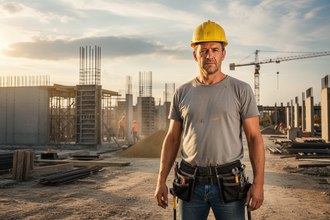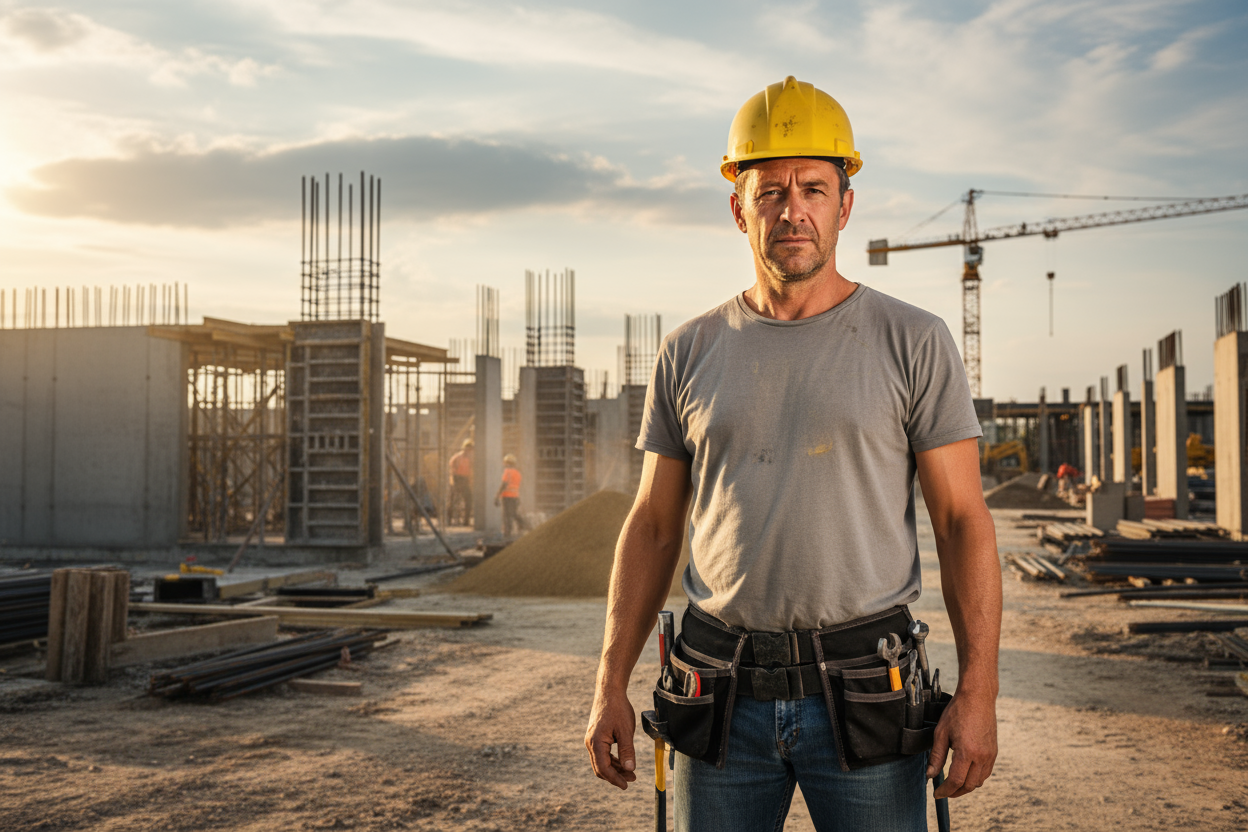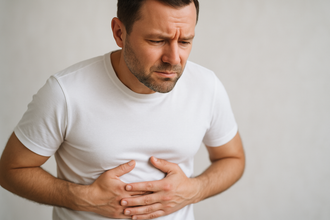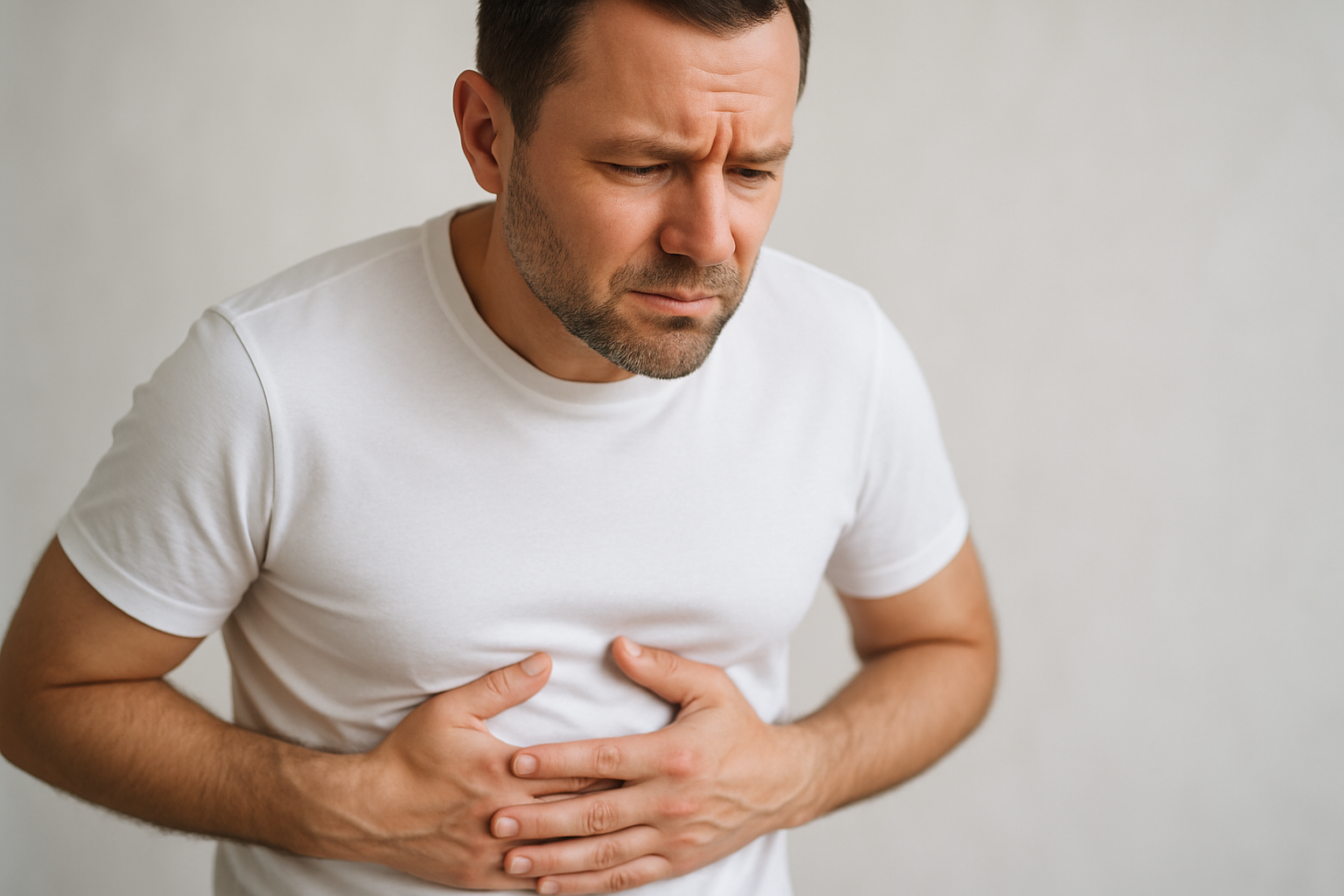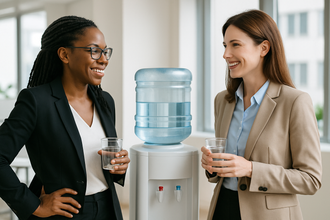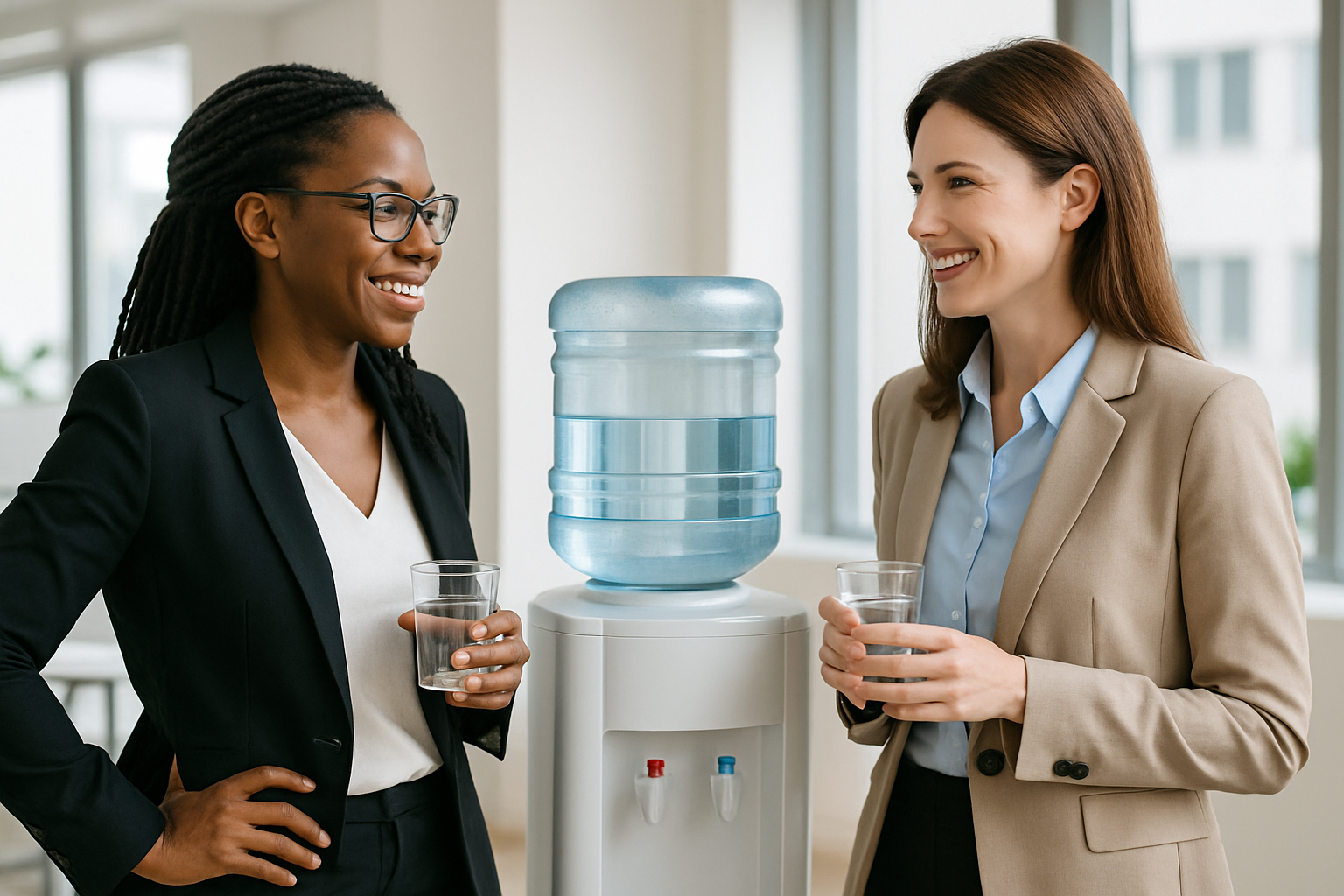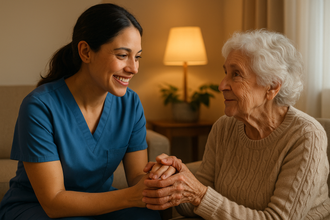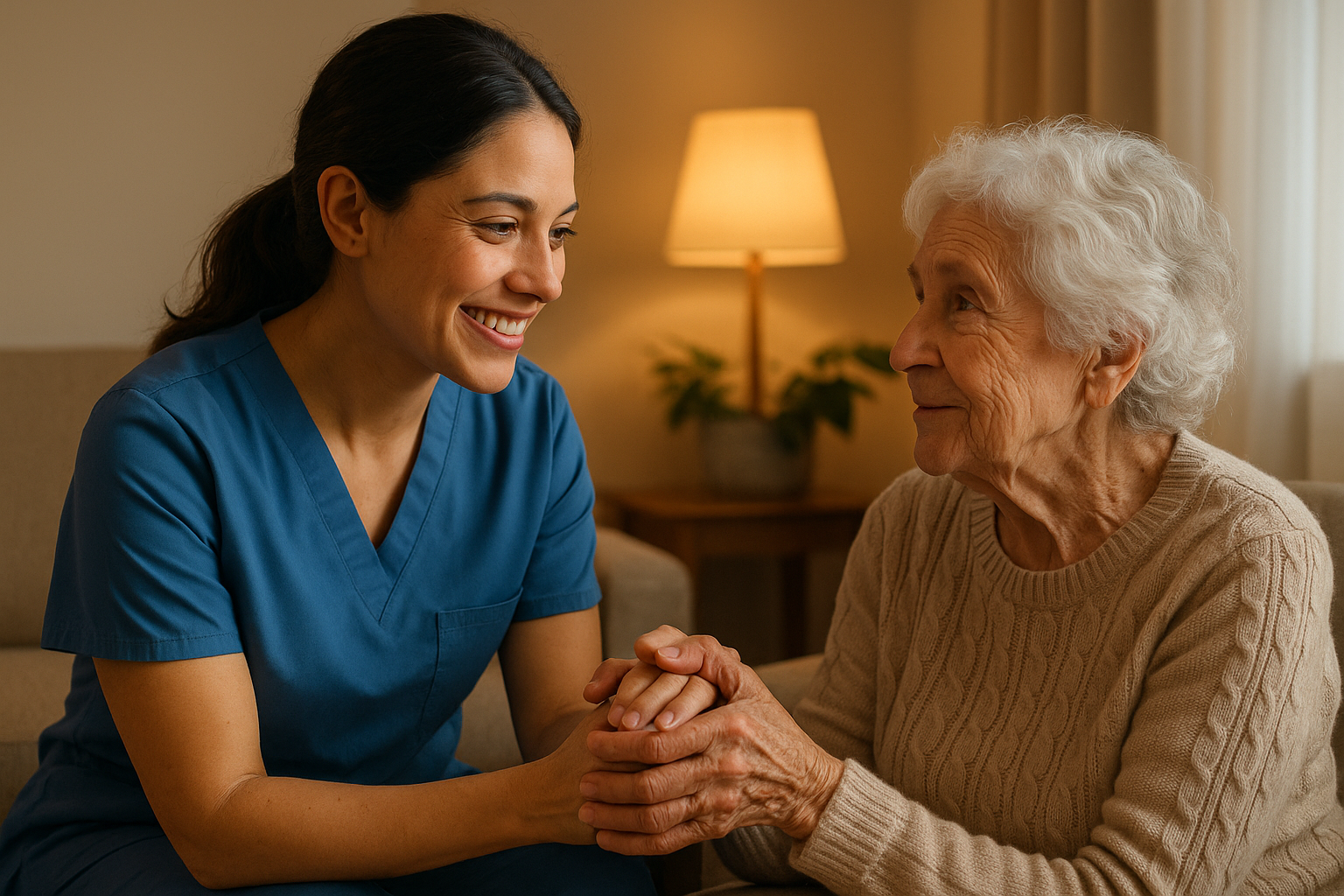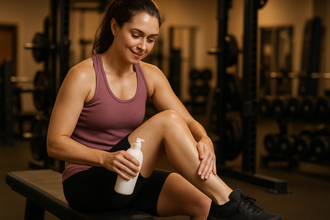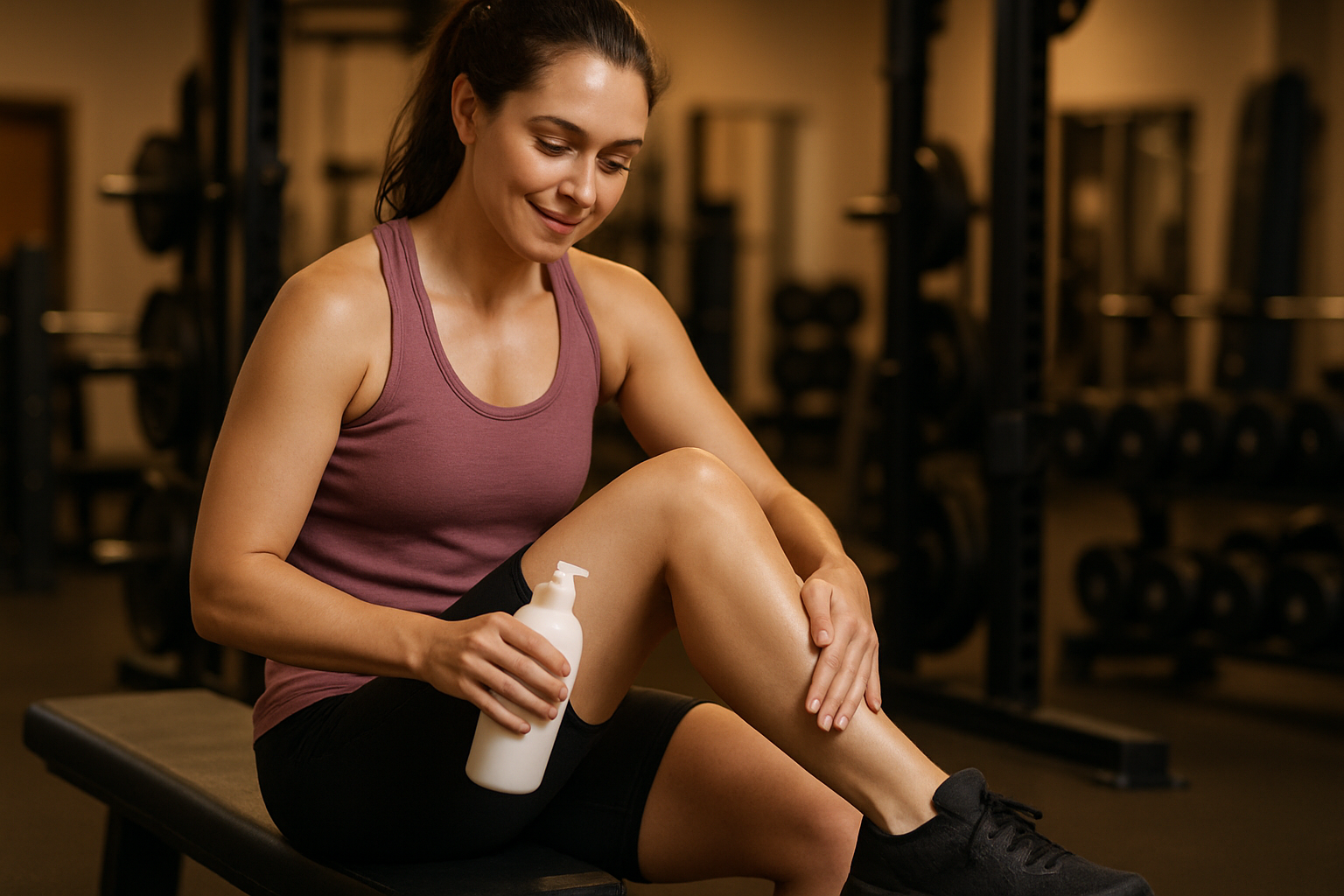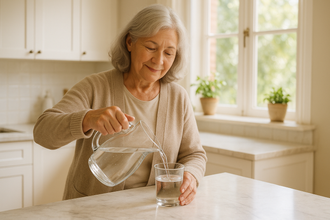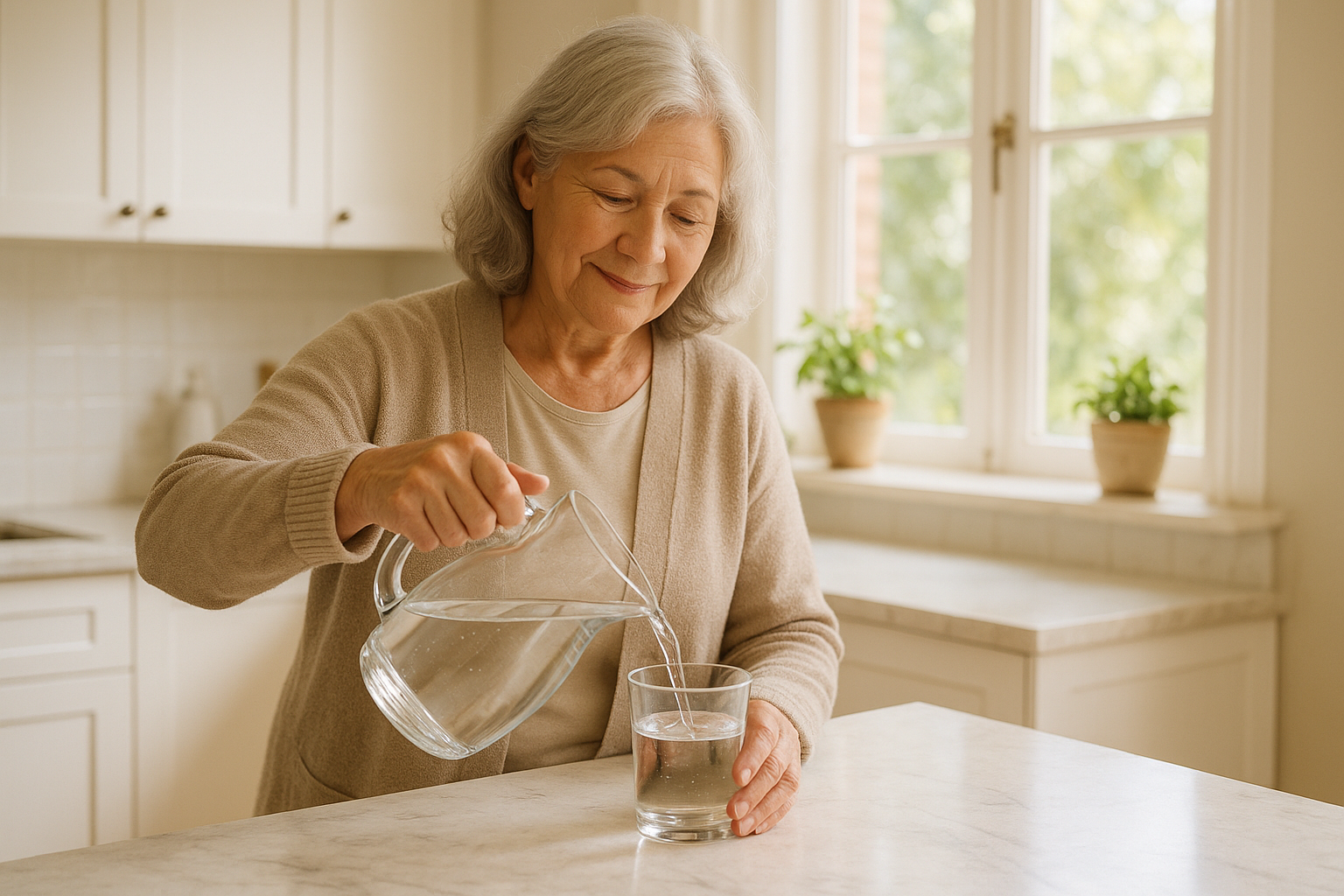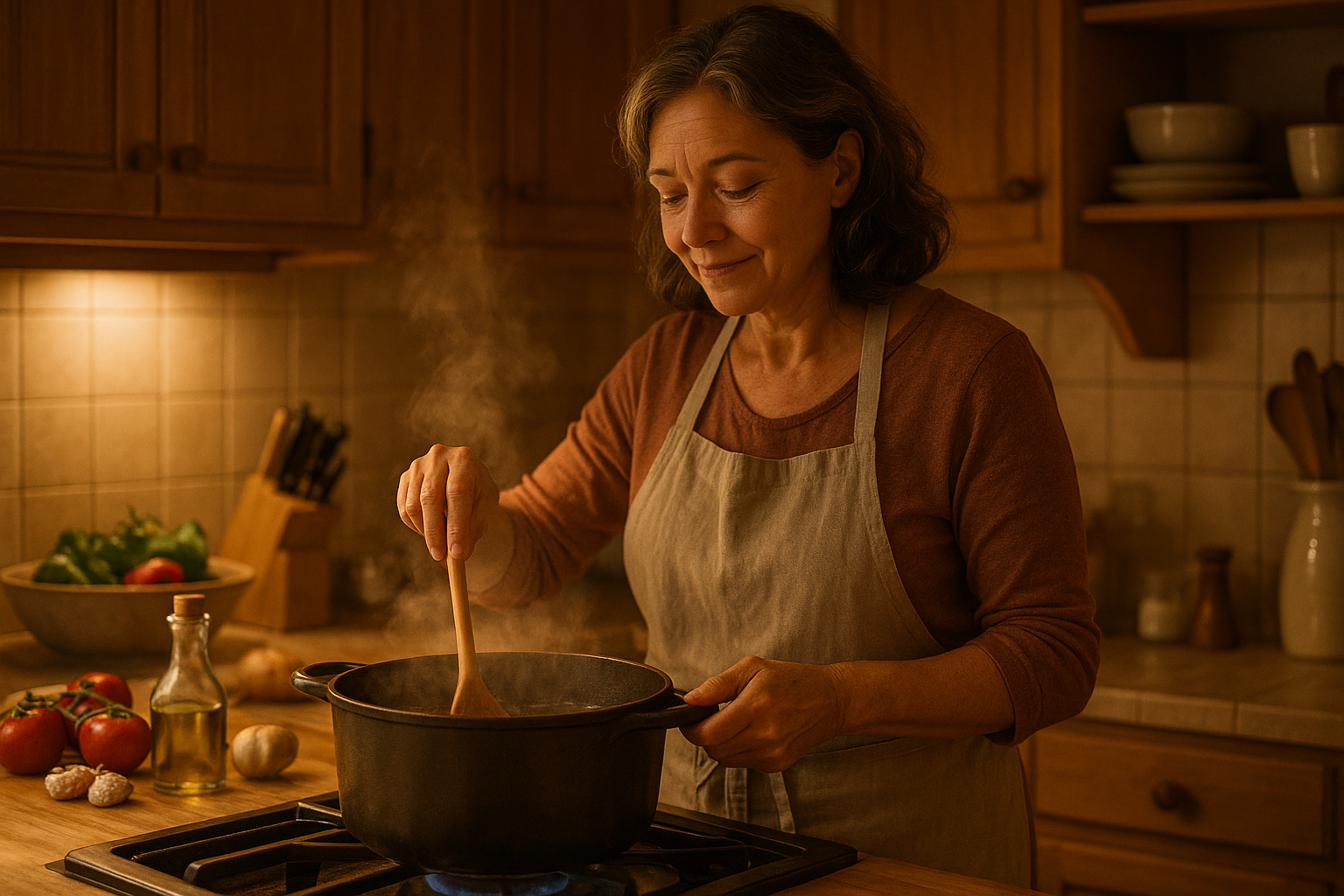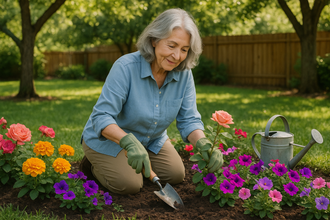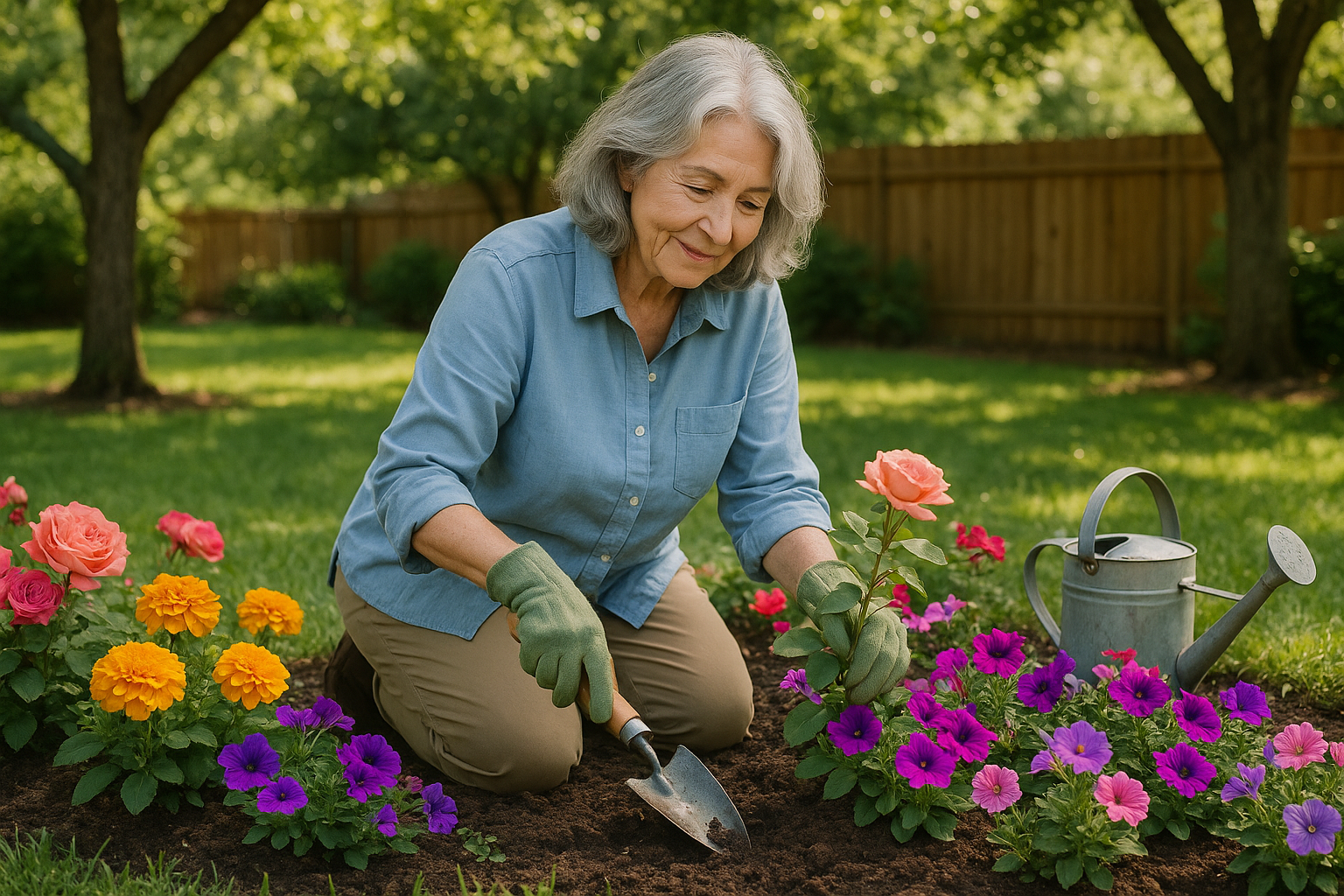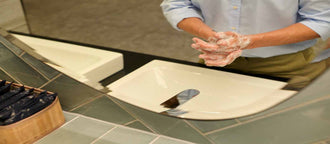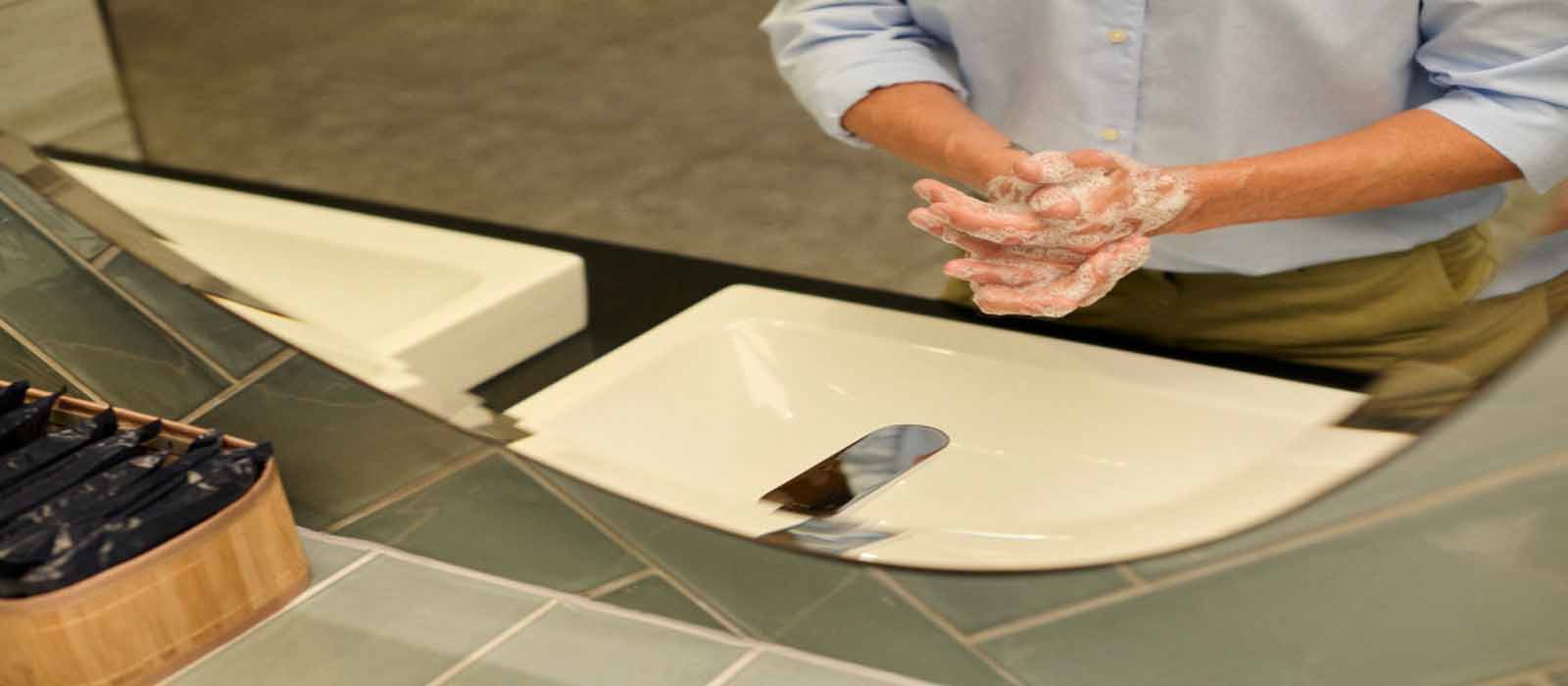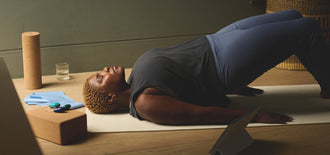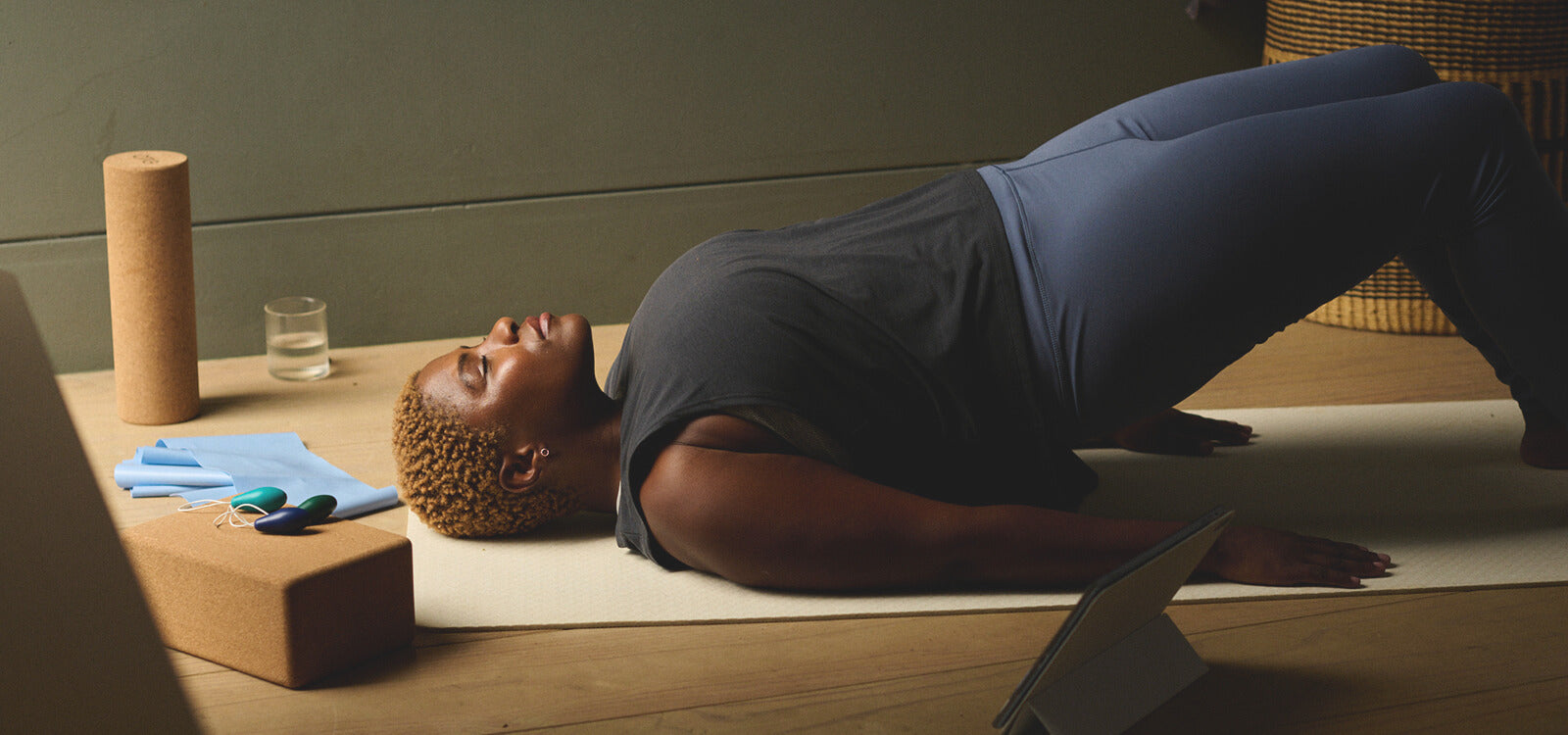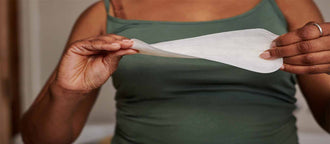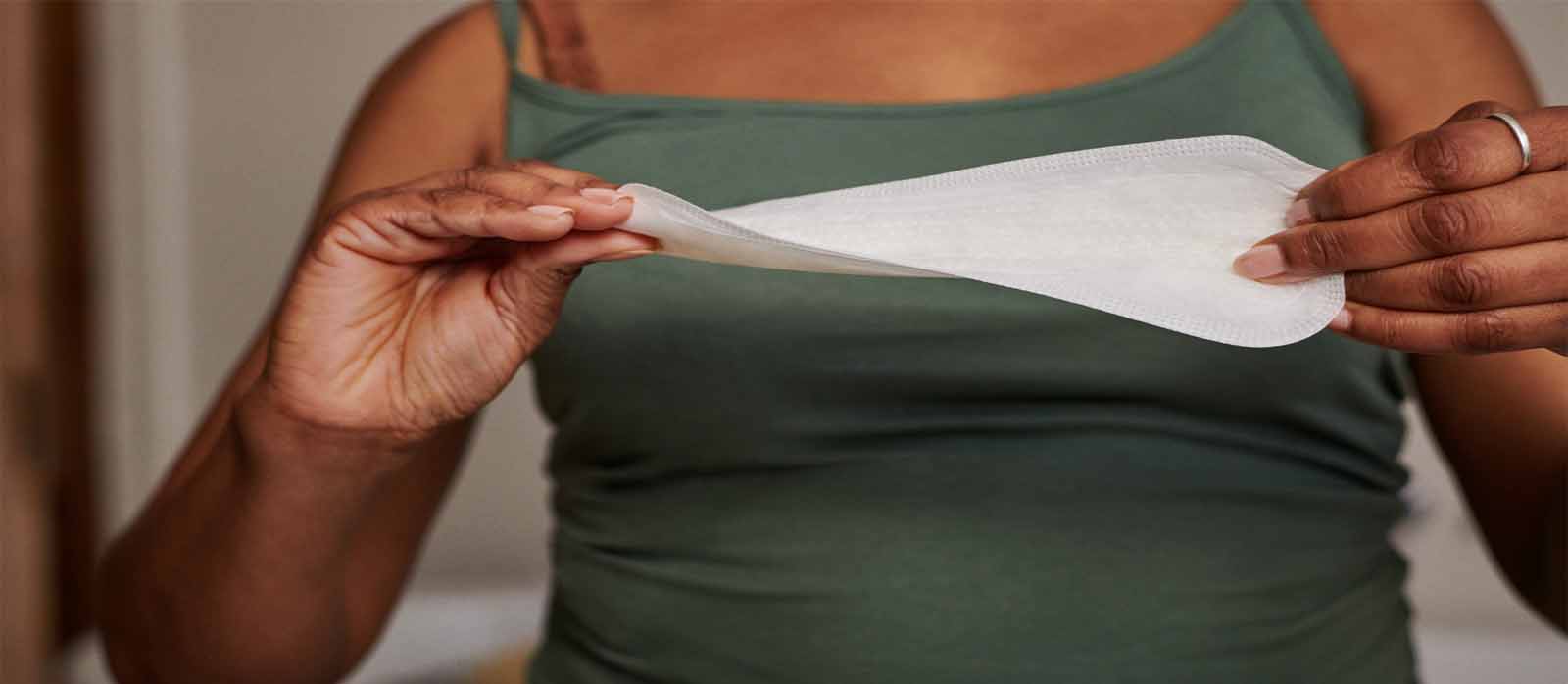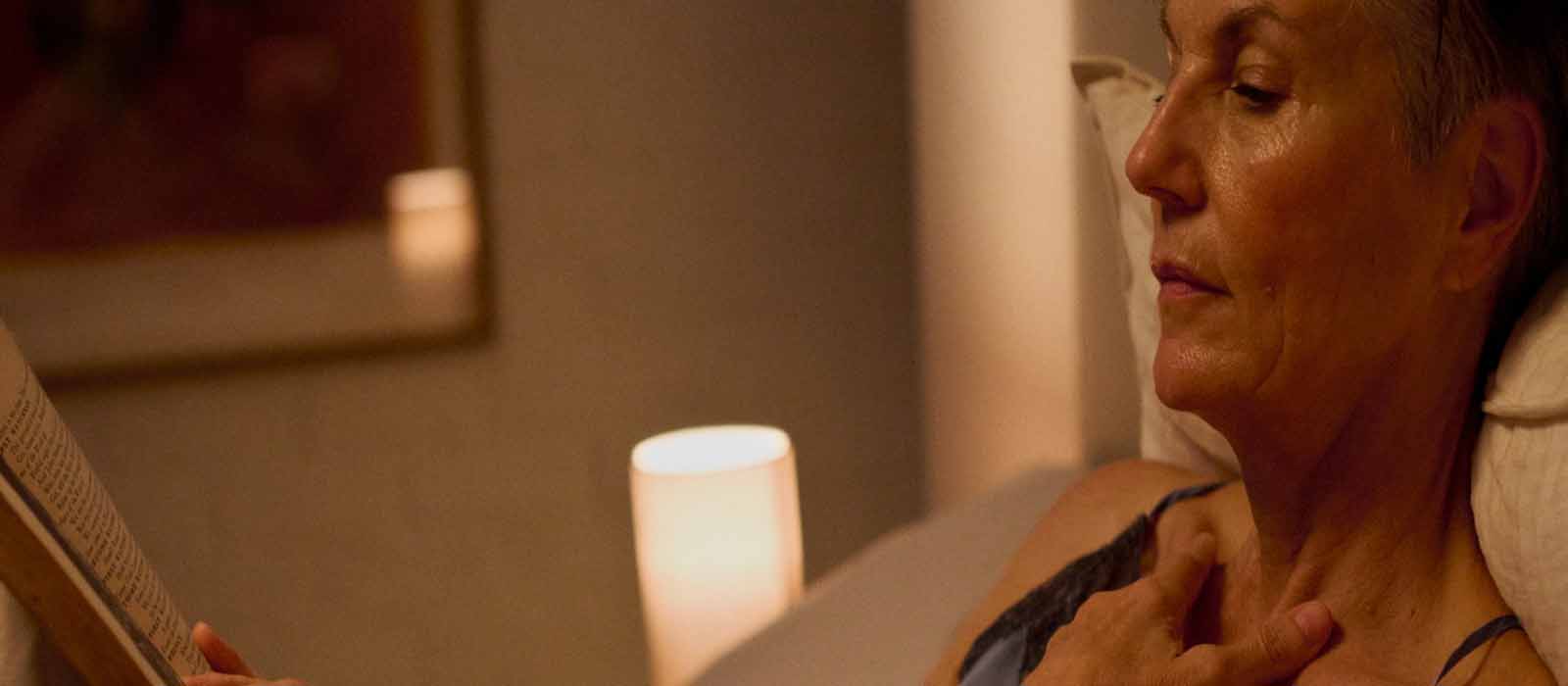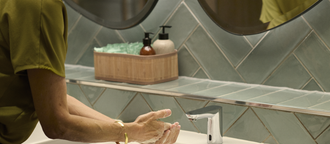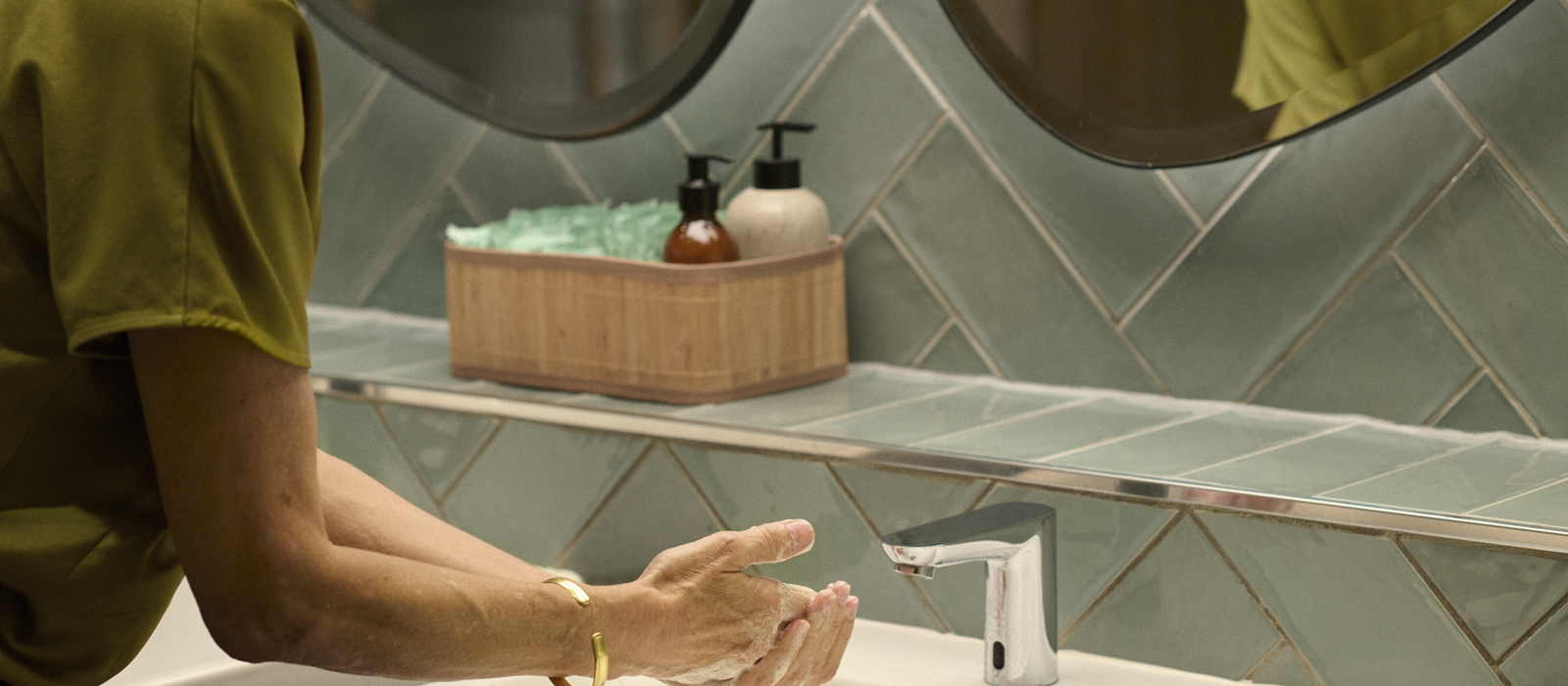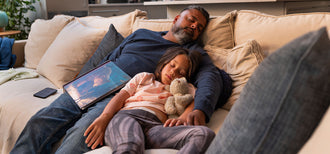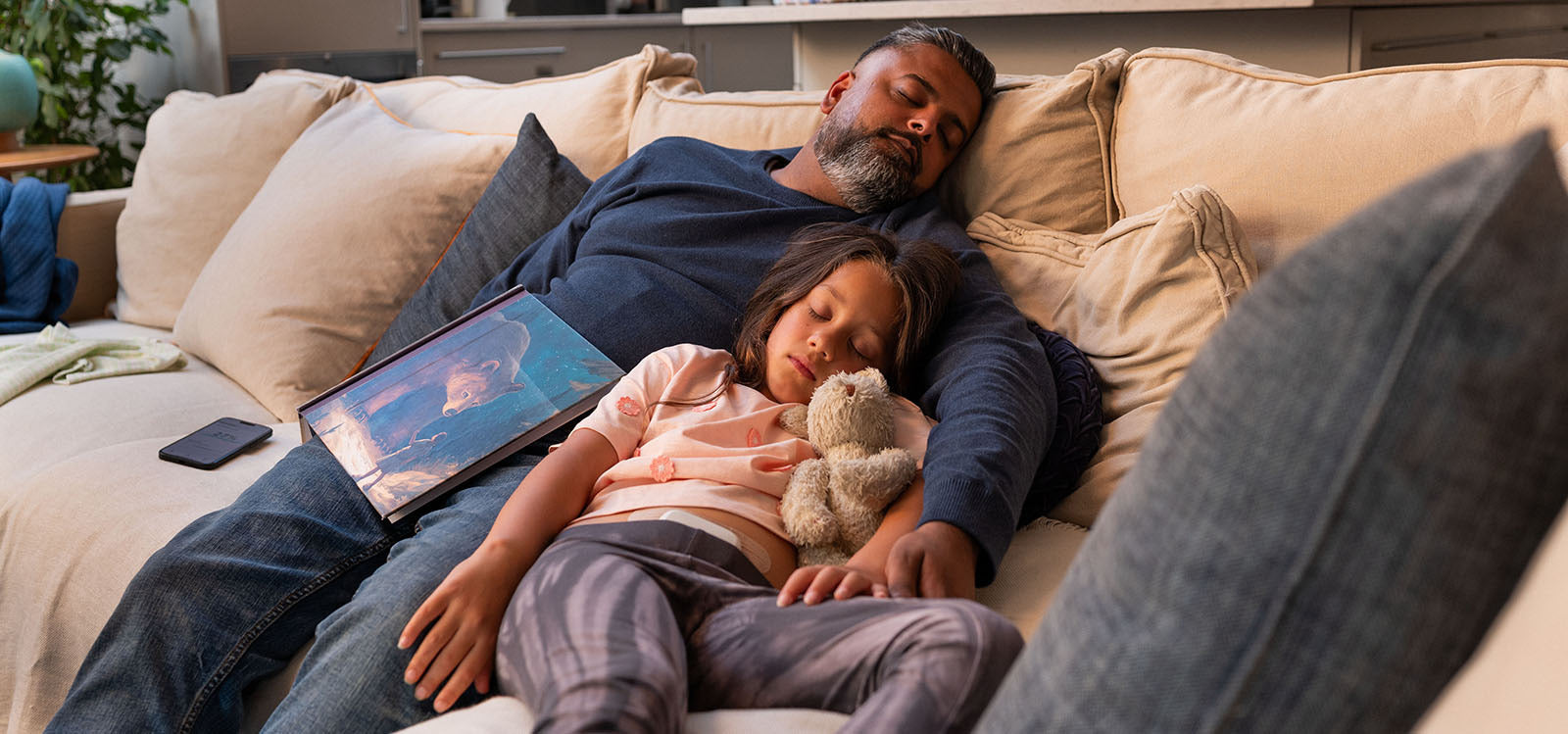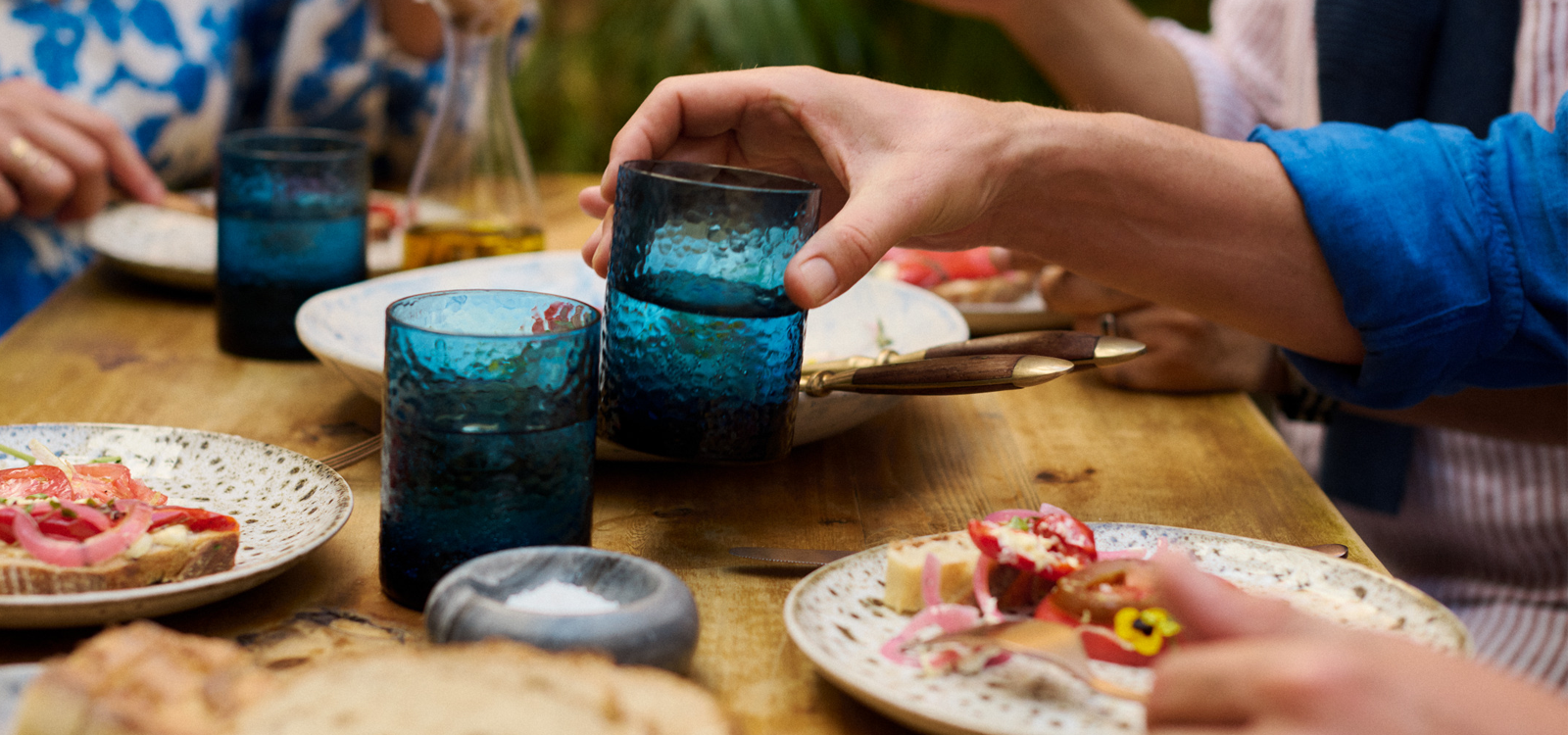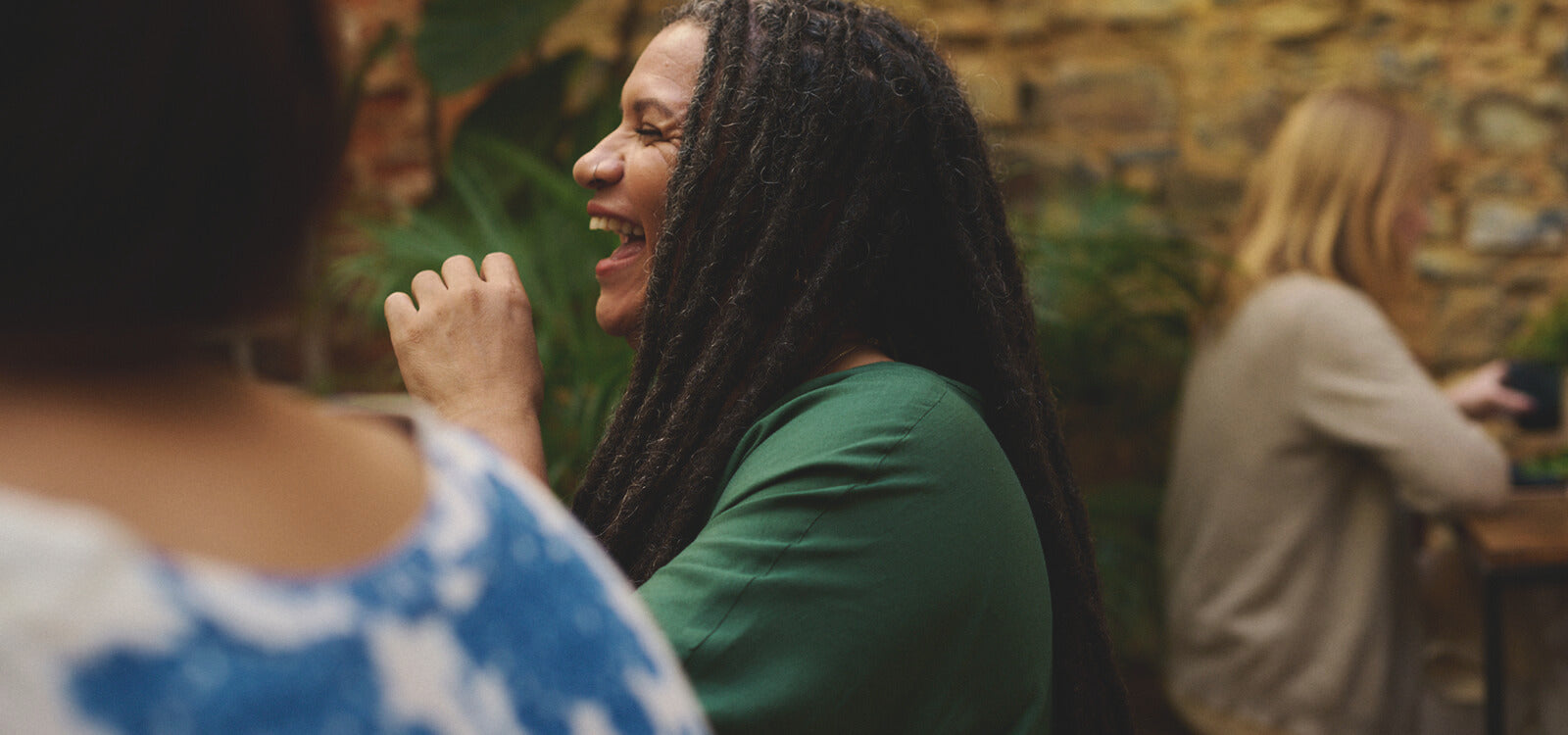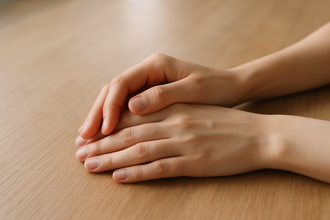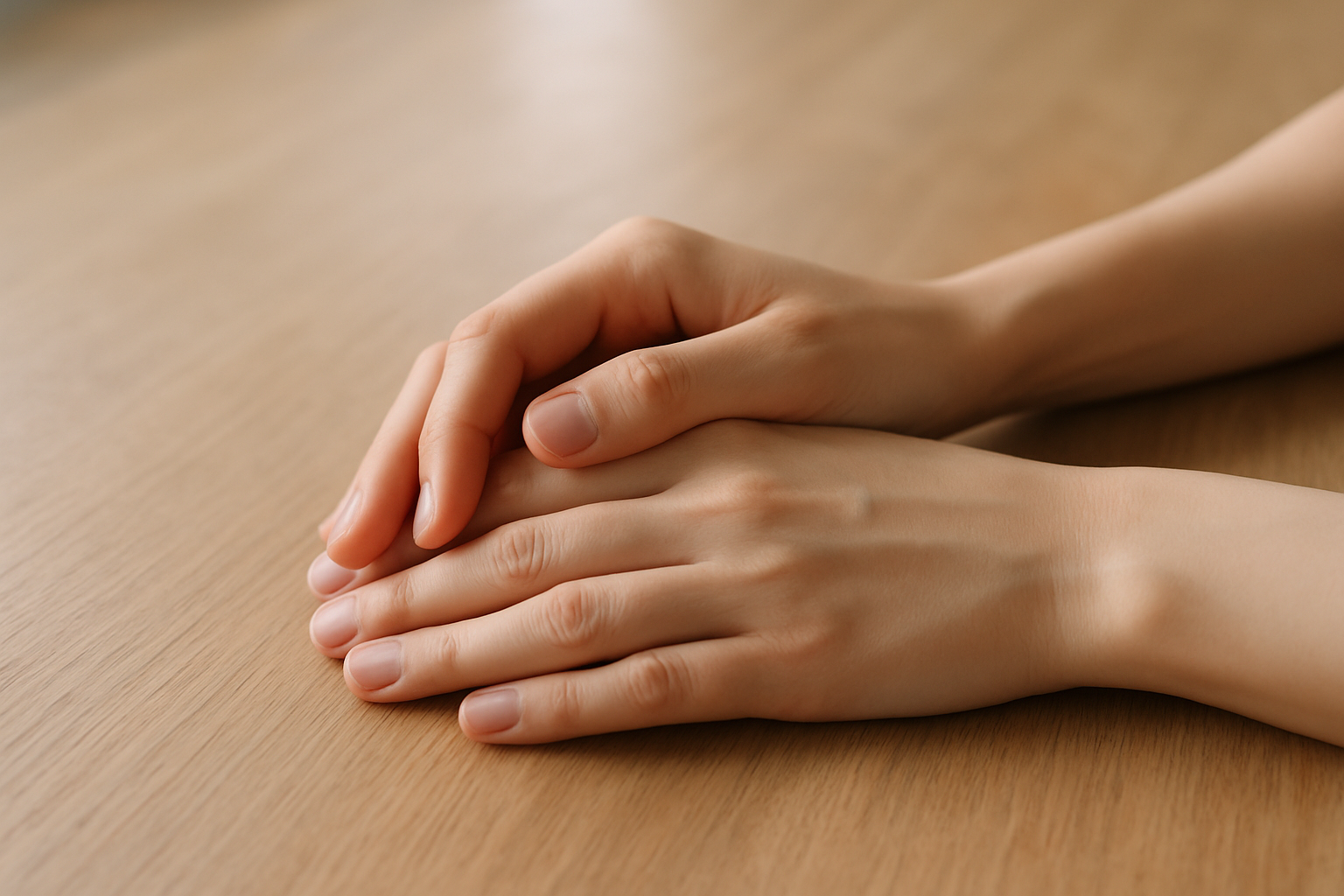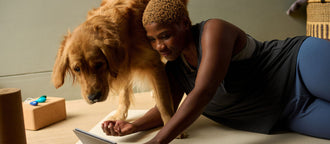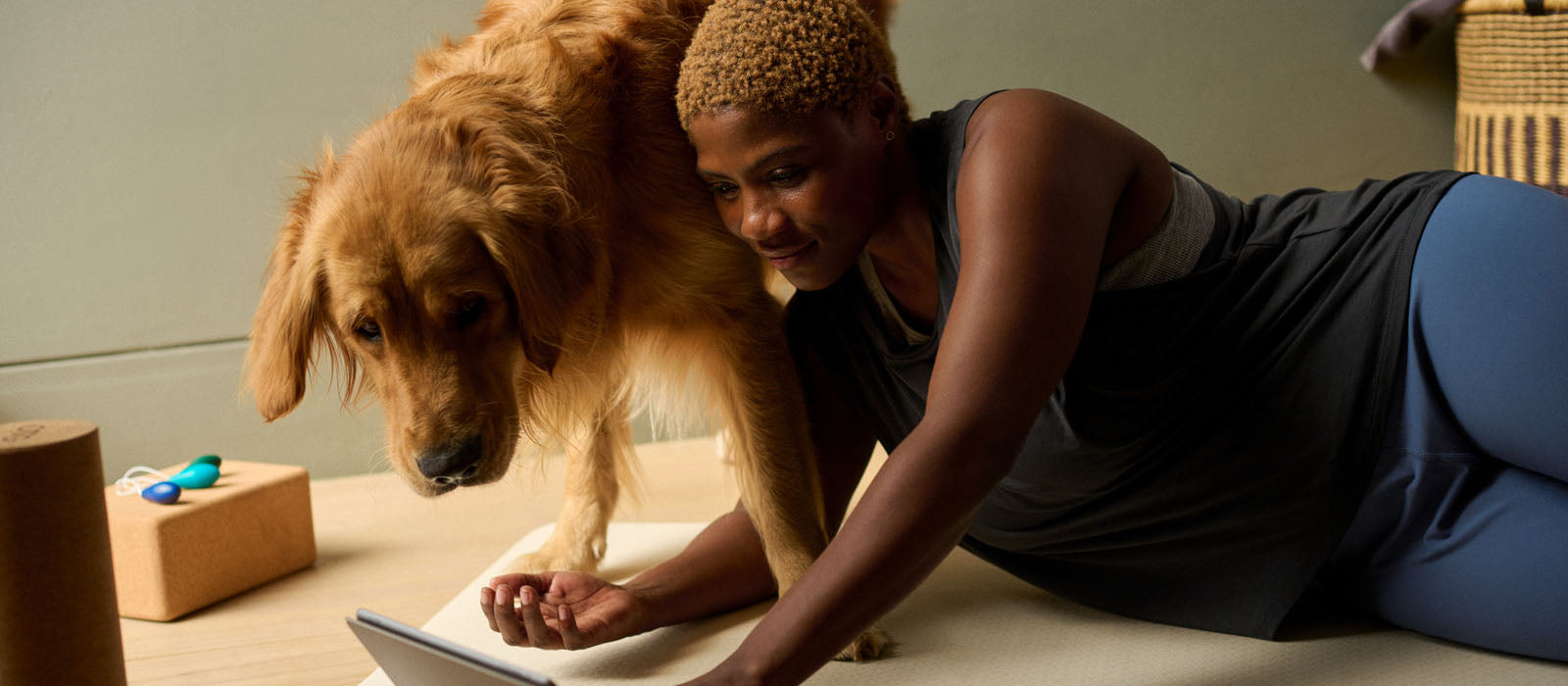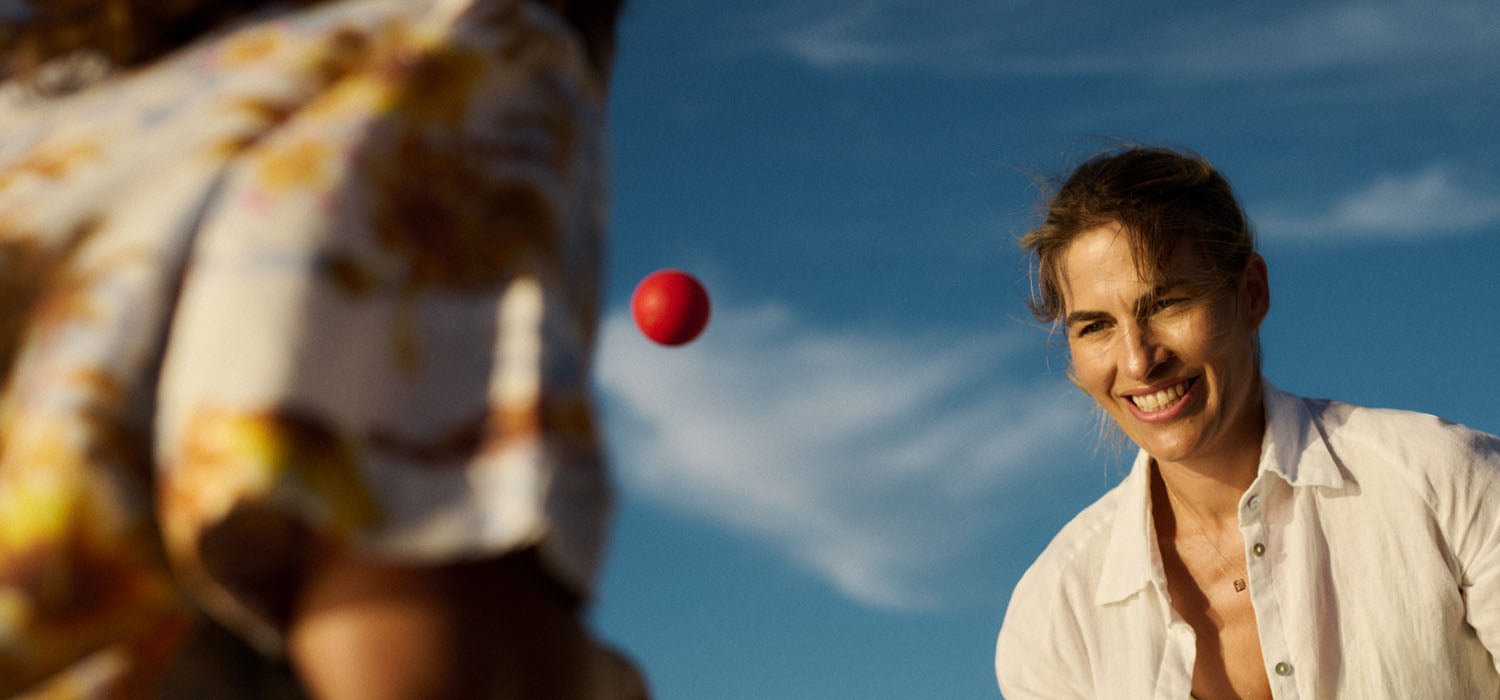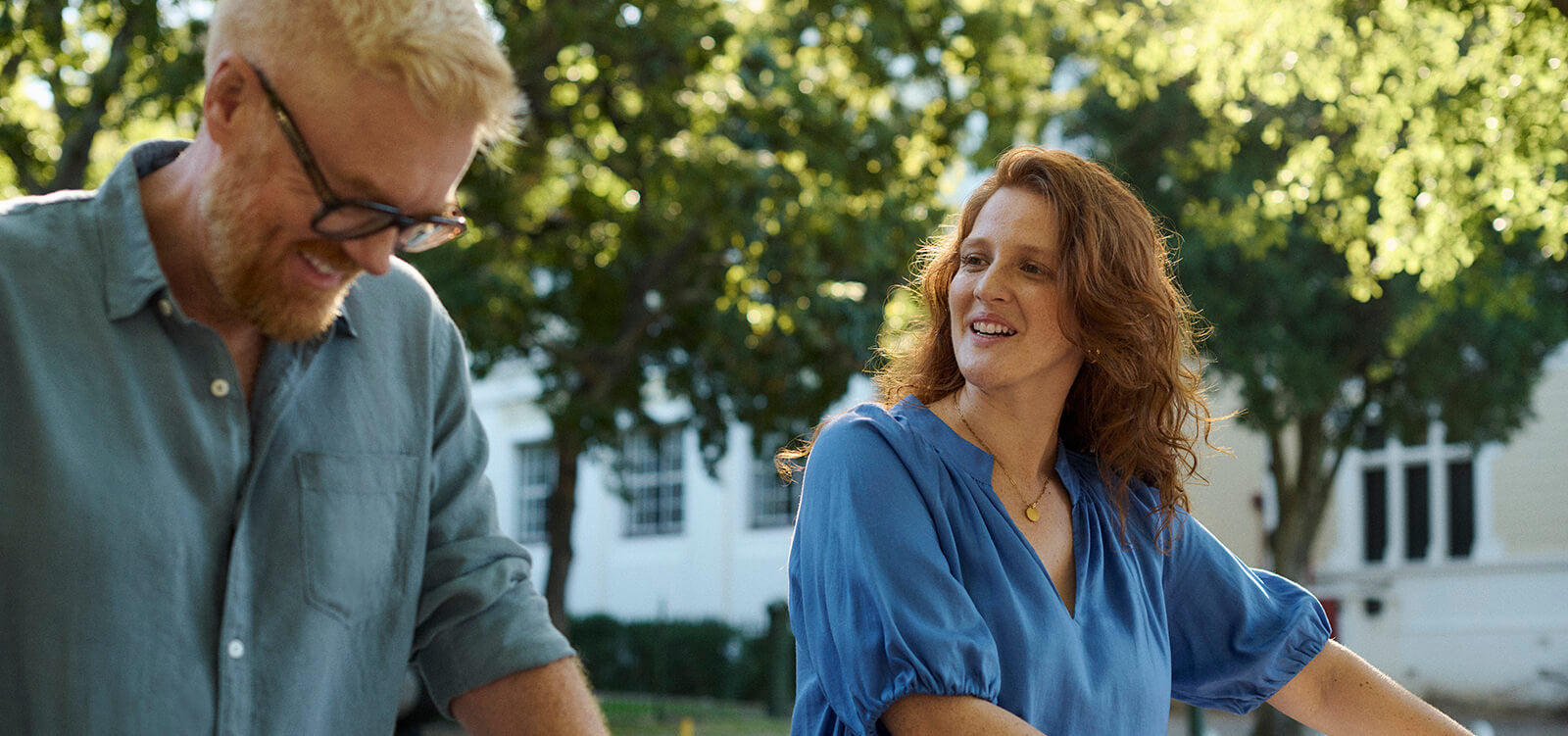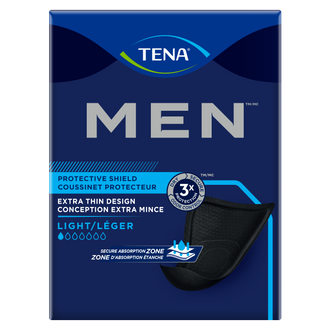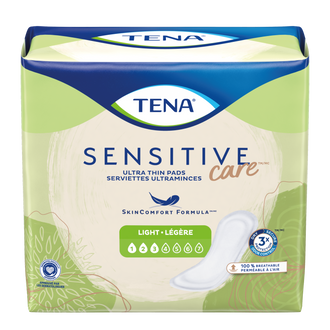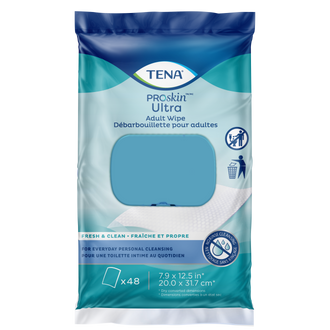Jun 07, 2024
There are two types of nighttime incontinence. Bedwetting, or nocturnal enuresis, is involuntary urination while asleep after the age at which staying dry at night can be expected. This should not be confused with nocturia, which describes frequent urination – in other words, the need wake up one or more times at night to void.
Adult bedwetting (nocturnal enuresis) and nocturia
Frequent urination at night, as well as bedwetting in adults, usually has different causes than similar problems in children. Among adults, bedwetting is known as nocturnal enuresis.
Causes can vary – you can find out more about these below – however generally, frequent urination can mean that the body is producing more urine due to changes in certain hormone production, kidney problems, illness, or as a reaction to medication. This can lead to nocturnal enuresis (bedwetting) or the need to go to the bathroom one or several times during night - a condition known as nocturia. It should be noted that among the elderly it is normal to have to get up to urinate once or twice a night.
What causes bedwetting (nocturnal enuresis) and nocturia in adults?
As we grow older, our bodies change. One of these changes is an increased need to go to the bathroom to urinate. So if you are at a stage in life where you find yourself going to the bathroom a couple of times during the night, this is normal. There are several different causes for this. A younger person can hold up to half a liter of urine, but as we age, this is normally reduced by about half as the bladder muscle becomes less elastic.
Antidiuretic hormone production
Another factor that causes a pressing urge to urinate during the night as we age has to do with a decreased ability to concentrate urine during the night. In turn, this results in large amounts of incomplete urination.
Total urine output over a 24-hour period doesn’t necessarily change - however, as we grow older, more urine is produced at night compared to when we’re younger. The amount of water excreted via the kidneys is regulated by an antidiuretic hormone that signals the kidneys to decrease the amount of urine produced.
Polyuria
Nocturia and adult bedwetting can also happen when the body produces too much urine. Polyuria is excessive or abnormally large production or passage of urine, regardless of the time of day.
A healthy adult produces an average of 1-2 liters of urine per 24 hours, depending on how much liquid you drink and eat and how much moisture the body releases. With polyuria, this amount is increased to 2.8 liters or more. Polyuria could be, for example, a symptom of diabetes, however there are other possible causes of this condition. You should always contact your health care provider if you are unsure and in need of advice.
Prostate problems
The prostate gland often enlarges as men grow older. Because this gland surrounds the urethra, an enlarged prostate can put pressure on the urethra. This prevents the bladder from emptying properly, leading to more frequent urination at night.
Explore Expert Advice on The Prostate and Incontinence:
- The Prostate and Male Urinary Leakage
- Understanding Incontinence After Prostate Surgery
- Causes of Nighttime Male Incontinence
- Understanding the Causes of Male Incontinence
Bladder problems
Bladder problems such as urge incontinence where the person feels a sudden need to pass urine can cause nocturnal enuresis and nocturia. An overactive bladder can also cause nocturia.
Explore Expert Advice on Types of Incontinence:
- Understanding Urinary Incontinence in Adults
- What is Stress Incontinence?
- Essential Tips for Overactive Bladder Care
Heart problems
People who have a heart condition suffer from less efficient circulation and one of the signs of this can be swelling around the lower legs. When the person affected lies down or raises their feet, as we do when sleeping or resting, the fluid collected around the lower legs enters the bloodstream and is removed by the kidneys. The result is an increased need to go to the bathroom at night.
Diabetes
High levels of blood sugar increase thirst. Drinking more than usual leads to an increased need to urinate. High blood sugar levels cause the kidneys to release sugar into the urine which increases the amount of urine and in turn creates a need to urinate more often.
Other causes of bedwetting and nocturia in adults
Lifestyle-related behavior can affect how much you urinate. For example, drinking large amounts of liquid. Caffeine and alcohol after dinner can also lead to a need to urinate at night.
What can I do to reduce nightly visits to the bathroom?
Reducing the amount of times you need to go to the bathroom can improve your general well-being, and help giving you a good night’s sleep. Here are a few things that may help: Avoid drinking coffee, tea, and alcohol before bedtime Make sure to go to the bathroom before going to bed Try to limit your fluid intake two hours before bedtime.
Read > What to Eat and Drink for Bladder and Kidney Health
If you have swollen legs, the use of compression stockings and afternoon leg elevation can reduce nighttime urination. It helps the body handle fluid stuck in the legs Waking up in the middle of the night can trigger the need to go. If you suffer from insomnia or disturbances at night for different reasons, nocturia can be reduced if these problems are overcome Use a nighttime incontinence pad if you experience leaks during the night.
Raising swollen ankles
If you suffer from swollen ankles, try to sit or lie down with your legs raised in the air for about an hour during the day. Wearing support stockings can also help.
Review your medication
Some medication can lead to increased urine production and nocturia. Ask your healthcare professional if this could be case. Under no circumstances should you stop taking any medication without consulting your doctor. Medicines and conditions connected to nocturia and nocturnal enuresis include: Heart and kidney disorders Diabetes Diuretic medicines and sedatives Overactive bladder Urge urinary incontinence.
